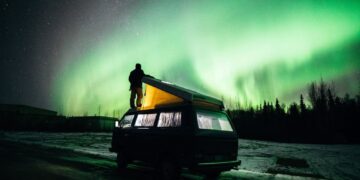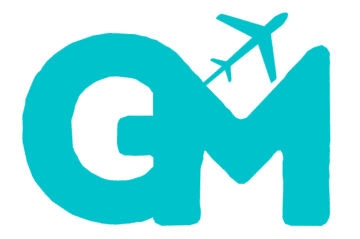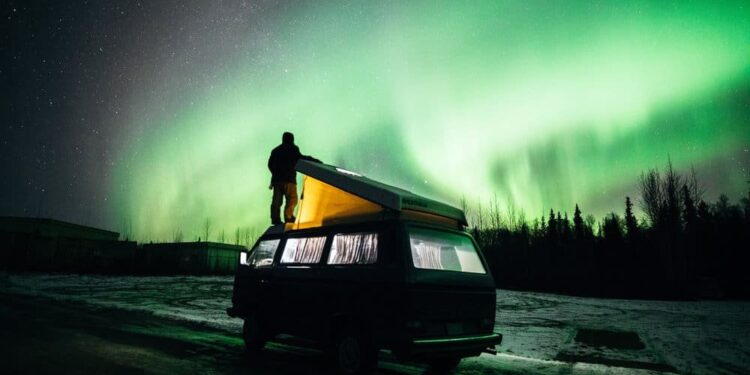Let us begin this article with a disclaimer: we are not avid trekkers. In fact, we had never completed a serious trek before arriving in Nepal. So to say that we approached our trekking adventure in Nepal with some trepidation is a total understatement. However, despite our lack of trekking prowess, we absolutely loved it!
This Article is Free for Subscribers
Access 2000+ premium insights, visa updates, and global lifestyle stories all in one place. <div> For Subscribers, Login here
Login if you have purchased



































